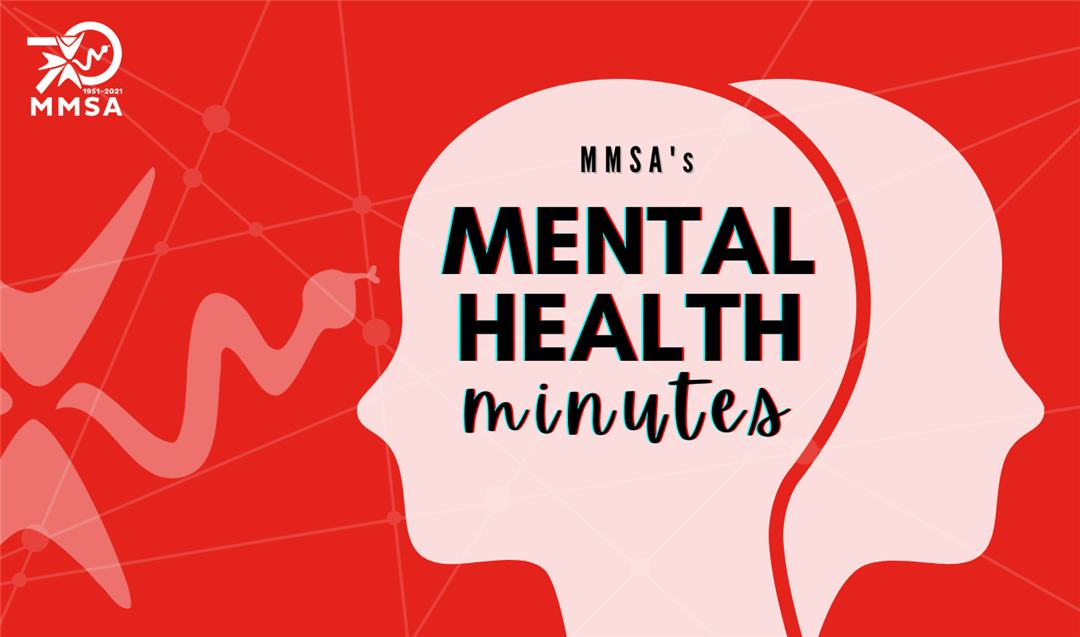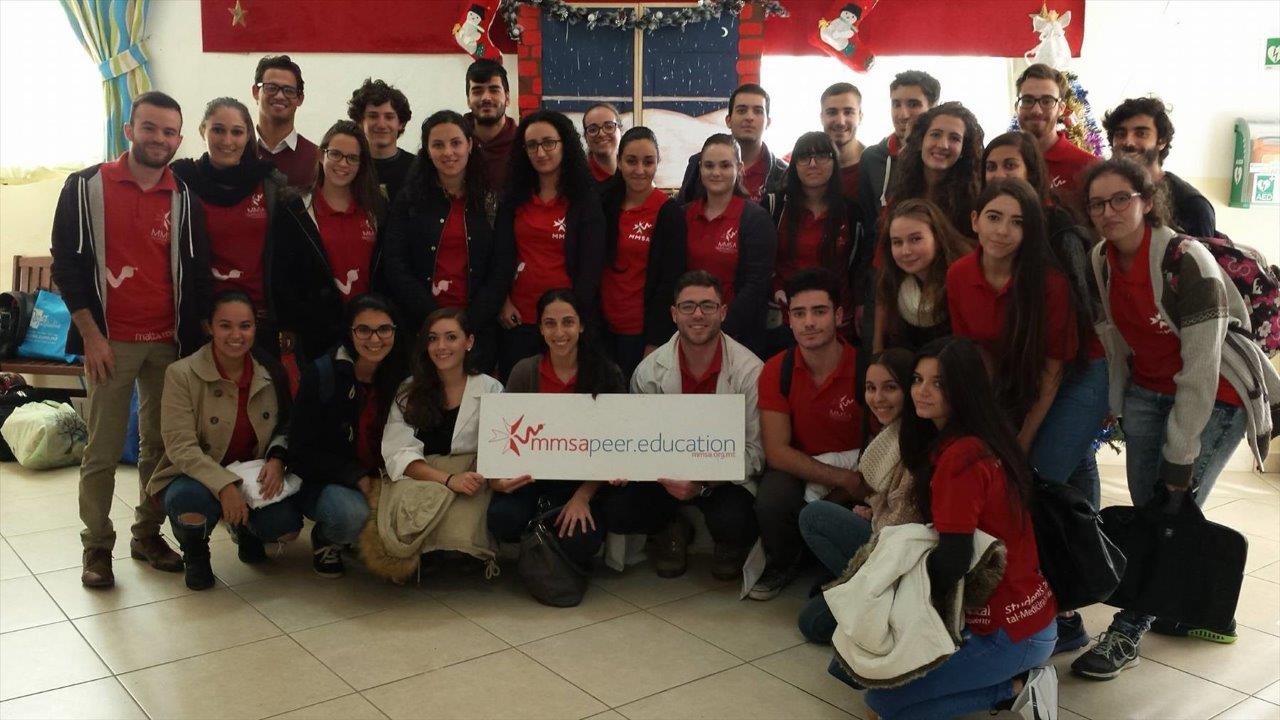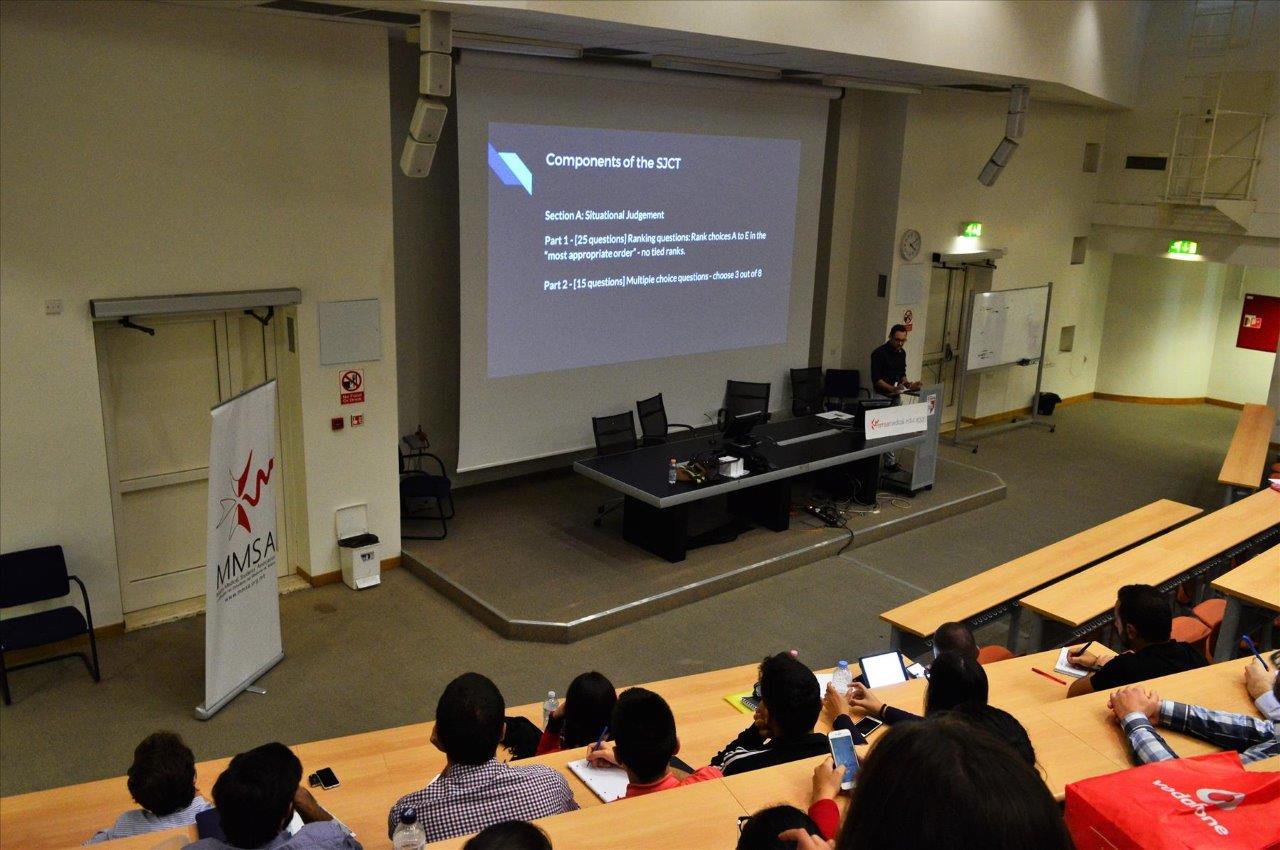The Impact of Social Isolation and Loneliness on Mental Health
Social isolation and loneliness are two crucial factors affecting our mental health. This can impact people of any age, from children to the elderly. The current COVID-19 pandemic has shown a significant rise in mental disorders, especially depression, due to the increase in isolation. Furthermore, such factors have also negatively impacted the mental health of people who had already been diagnosed with a mental disorder prior to the pandemic. [2]
Although they have different meanings, the terms social isolation and loneliness tend to be used interchangeably. Loneliness depicts a subjective feeling of solitude, whilst social isolation is a deficiency of social relationships and contact. Therefore, a person can be isolated socially but may not necessarily feel lonely. Moreover, a person can feel lonely, despite being surrounded by many. This shows that loneliness is more perceptive in comparison to social isolation, which is rather objective. [3,6]
What can cause social isolation and loneliness?
Social isolation and loneliness can occur due to a number of causes. They can either occur due to external factors or can involve the individual directly. Such examples include:
- Domestic violence – abuse stemming from partners or family members who may cause people to cut-off from others in order to conceal the situation.
- Loss of a loved one – isolation and loneliness are commonly experienced during the grieving process after losing a family member or friend.
- Physical impairments – certain people tend to feel embarrassed or ashamed of their physical deterioration and so may decide to distance themselves from others.
- The impacts of social distancing – social distancing has been a global central measure to contain the spread of the COVID-19 pandemic. Many people, especially the elderly and those who are vulnerable due to illness, have remained indoors to prevent viral exposure. Social isolation has also affected children and adolescents as a result of school closure and the transition to online learning, resulting in increased physical isolation from friends, teachers and the community. [3]
Loneliness is linked to a number of mental health repercussions. It may cause an increase in depressive symptomatology, including the negative perception of one’s life. Moreover, both suicide attempts, as well as completed suicides, especially amongst the elderly, have been strongly associated with loneliness. Studies have also shown that loneliness affects male and female children in different ways, with depression being more strongly correlated with the female gender, whilst precipitating social anxiety more in males. [5]
The current pandemic has also proven that there is an established relationship between the duration of loneliness and the development of mental health symptoms. The literature has shown that children who have experienced quarantine or lockdown were 5 times more likely to seek help from mental health services. This has also been significantly noted in Malta among people of all ages, with an increase in the number of phone calls to the 24-hour mental health support line (1770 - Richmond Foundation Malta), in the summer of 2020. [1,7]
What can I do to prevent or limit social isolation and loneliness?
It is crucial for people experiencing social isolation and loneliness to implement self-care strategies. This can help reduce the negative consequences of isolation and help one take the necessary steps to face such challenges. These strategies include:
- Spending more time with your friends and family – the family remains a strong support structure in society. Spending time with the family helps individuals feel loved, reducing loneliness.
- Maintaining social contacts using media devices – whether by telephone or by online video chat via social media platforms like Messenger or Skype, technology has facilitated our ability to keep in contact with our loved ones and to limit the effects of loneliness and isolation.
- Plan your days – it is encouraged to try fill one’s day with activities. Whether it is exercise or a hobby, regular scheduling of such activities can help minimise the negative impacts of loneliness and social isolation on both our physical and mental health.
- Keep your emotions and mood in check – meditation and breathing techniques have proven to be helpful and beneficial for our mind and can decrease a person’s anxiety and depression. Emotional support can also be sought from friends and family members.
The impact of social isolation and loneliness, exacerbated by the COVID-19 pandemic, has brought about various challenges on our mental health. Social isolation is a modifiable factor, and the introduction of daily activities may help enhance one’s sense of connectiveness with others. Therefore, it is important to establish social, physical and psychological activities in our daily life to safeguard our mental health. [4,7]
If I am experiencing loneliness or social isolation, who can I reach out to for help?
Initially you may feel more comfortable opening up to someone close to you whom you trust, whether a family member or a dear friend. If this does not seem to help, it is then suggested to speak to a professional. This can be your general practitioner (GP) or professionals specialised in the field of mental health, including psychiatrists, psychologists, social workers etc.
There are also free services and resources available through which you can seek help and speak to professionals about what you are going through. These include:
- Free counselling sessions at the Health and Wellness Centre at the University of Malta
- Richmond Foundation Helpline 1770 – this helpline is available for 24 hours, 7 days a week.
- Kellimni.com – this website gives you the opportunity to seek help from a professional anonymously.
- Aġenzija Appoġġ Helpline 179 – this helpline serves as a national service for people who are in times of difficulty or crisis
Mental health services are also available at centres and clinics all over Malta, namely in Kirkop, Floriana, Mosta, Gzira, Qormi, Paola and Bormla. [8]
|
Health Centre |
Contact Number |
Day of the Week |
Schedule |
|
Bormla |
23972330/ 21662088 |
Monday to Friday |
7:30am-5:30pm On Fridays till 3pm |
|
Gzira |
21344766/ 21337245 |
Tuesday and Wednesdays |
7:30am-5pm |
|
Kirkop |
21681267 |
Tuesdays, Wednesdays and Thursdays |
|
|
Mosta |
21424969 |
Monday to Thursday |
7:30am-5pm |
|
Qormi |
21441317/ 21440170 |
Monday to Friday |
7:30am-5pm On Fridays till 3pm |
|
Floriana |
21220454/ 21250015 |
Monday to Friday |
7:30am-3pm |
|
Mtarfa |
21456750/ 21454917/ 21456758 |
Monday to Friday |
7:30am-3pm |
|
Paola |
21821566/ 21821562 |
Monday to Friday |
7:30am-3pm |
References
- ‘Mental Health Risks on the Rise’ – Times of Malta https://timesofmalta.com/articles/view/mental-health-risks-on-the-rise.810552
- ‘COVID-19: Reflections on the Pandemic’s Aftermath’ – Times of Malta https://timesofmalta.com/articles/view/covid-19-reflections-on-the-pandemics-aftermath.807327
- ‘Understanding the Effects of Social Isolation on Mental Health’ – Tulane University https://publichealth.tulane.edu/blog/effects-of-social-isolation-on-mental-health/
- Coyle, C.E. & Dugan, E. 2012, "Social isolation, loneliness and health among older adults", Journal of aging and health, vol. 24, no. 8, pp. 1346-1363.
- Hwang, T.J., Rabheru, K., Peisah, C., Reichman, W. & Ikeda, M. 2020, "Loneliness and social isolation during the COVID-19 pandemic", International psychogeriatrics, vol. 32, no. 10, pp. 1217-1220.
- Leigh-Hunt, N., Bagguley, D., Bash, K., Turner, V., Turnbull, S., Valtorta, N. & Caan, W. 2017, "An overview of systematic reviews on the public health consequences of social isolation and loneliness", Public health, vol. 152, pp. 157-171.
- Loades, M.E., Chatburn, E., Higson-Sweeney, N., Reynolds, S., Shafran, R., Brigden, A., Linney, C., McManus, M.N., Borwick, C. & Crawley, E. 2020, "Rapid Systematic Review: The Impact of Social Isolation and Loneliness on the Mental Health of Children and Adolescents in the Context of COVID-19", Journal of the American Academy of Child and Adolescent Psychiatry, vol. 59, no. 11, pp. 1218-1239.e3.
- Mental Health Services (2020). Retrieved 13th November 2020 from:
https://deputyprimeminister.gov.mt/en/phc/Pages/Services/Mental-Health-Services/Mental-Health-Services.aspx
Written by Adrienne Gatt (MD3) Mental Health Coordinator
Reviewed by Dr. Daniel Vella Fondacaro







